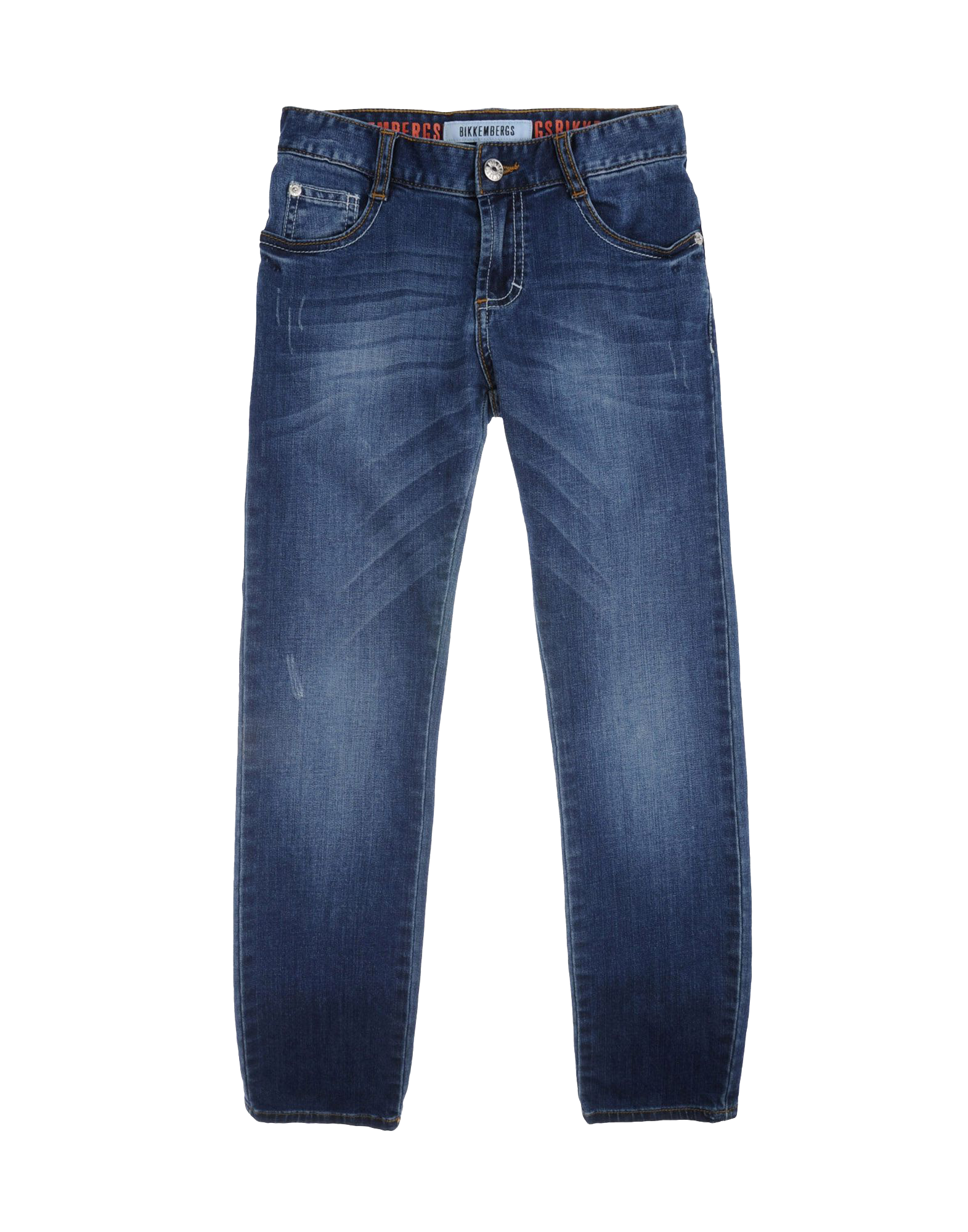Mise en scene
Is a french expression meaning "placing on stage" in film and audio-visual terms it means everything we see on the screen.
Elements of mise en scene:
- Setting
- Lighting and colour
- Visual Effects
- Props
- Costume
- Facial Expression
- Body Language
- Hair style and make-up
- Positioning
Nothing on the screen has been place by accident
Quentin Tarantino manipulates expectations through the use of setting in this extract by locating the setting in a church where it is commonly stereotyped with peace and hope also woman is dressed in white also signifying with peace and happiness. Tarantino flips this by having death and horror presented and men dressed in all black contrasting with the church.
Costume, Hair and make-up
- Time Period-era, Class, Wealth, Education, Background, culture/location, characteristics.
They act as an instant indicator to us of a characters personality, status and job. It tells us immediately whether the film is set in the present and what society/or culture it will center around.



Facial Expression and body language 17/01/19
Facial expressions provide a clear indication of what a character is thinking or feeling. Body language also provides information on how a character is feeling or aspects of their personalities but can be much more subtle than facial expressions.
For each of the following emotions explain how a character might express it through facial expression and body language:
Anger: Crossed arms
Shyness: Cover your face
Anxiety: Biting nails
Happiness: Smile
Excitement: Open arms in the air
Shock: Open mouth

In this shot from the Big Bang Theory we get to see each of the main characters sat together. The use of costume for each character provides the audience with important information about each of the characters.The main woman in the series penny leans into the negative tropes about women perpetuated by their male counterparts. Penny, an aspiring actress, a full-time waitress and the show’s resident “hot girl,” is constantly chided for being devoid of any real skill or intelligence. While she sometimes appears pissed off about the “dumb blonde” jokes, she still embodies the “hot dumb girl” role regularly. Her stance in the image is flirty further enforcing the stereotypes.
Colour - Mise On Scene
For each of the following emotions explain how a character might express it through facial expression and body language:
Anger: Crossed arms
Shyness: Cover your face
Anxiety: Biting nails
Happiness: Smile
Excitement: Open arms in the air
Shock: Open mouth
Midway Task 18/01/19

In this shot from the Big Bang Theory we get to see each of the main characters sat together. The use of costume for each character provides the audience with important information about each of the characters.The main woman in the series penny leans into the negative tropes about women perpetuated by their male counterparts. Penny, an aspiring actress, a full-time waitress and the show’s resident “hot girl,” is constantly chided for being devoid of any real skill or intelligence. While she sometimes appears pissed off about the “dumb blonde” jokes, she still embodies the “hot dumb girl” role regularly. Her stance in the image is flirty further enforcing the stereotypes.
Colour - Mise On Scene
Red: Passion, Lust/sex, Anger. hell, blood, Luxury, Christmas, fire, Ferrari, communism, romance
Yellow- Happines, jealousy, honor, freshness
White- Purity, dove, snow, goodness, innocence, cleanliness,
Black- Death, unknown, fear, formality, power
In the wizard of Oz the use of colour is used all over, at the start of the film the use of no colours suggest blandness and mundane emphasising how her life as changed as she enters Oz. The main road is yellow suggesting joy and happiness however she finds danger along the road which the yellow may also suggest.
No comments:
Post a Comment